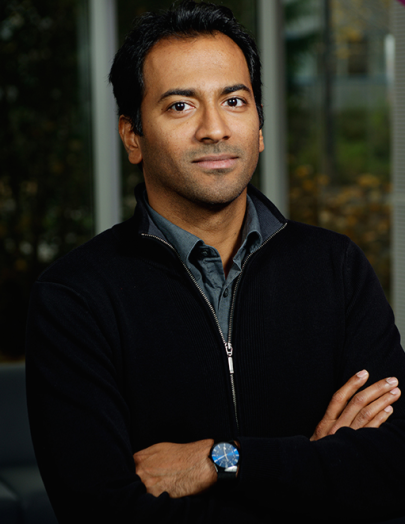Kiran PadmanabhanInstitut de génomique fonctionnelle de Lyon (IGFL) CNRS / ENS Lyon / Université Claude Bernard
Mes recherches
My research focuses on understanding the molecular basis for establishment of mammalian circadian rhythms and how the circadian epigenome and genomic output changes as tissues age. After my PhD from University of Massachusetts Medical School in the lab of Joel Richter, I spent 5 years as a postdoctoral fellow at Harvard Medical School with Charles Weitz working on molecular mechanisms underlying circadian transcription followed by a year at the University of Grenoble with Stefan Dimitrov investigating chromatin biology. I was recruited as a Senior research associate at INSERM (CR1, CSS1) in 2013 and then in 2016 created my research group at the Institut de Génomique Fonctionnelle de Lyon (IGFL), ENS Lyon with an ATIP Avenir grant. Since starting the group at the IGFL, we have developed active collaborations with physicists who model chromatin dynamics and physicist-engineers who develop cutting-edge computational microscopy tools. We also now work closely with clinician-scientists who investigate the etiology of cancers of the lung and liver and are exploring mechanisms by which circadian disruption exacerbates malignancy in the clinical setting.
Mon projet ATIP-Avenir
Exploring the molecular dynamics of cellular circadian oscillators during aging
Most species have evolved cellular circadian clocks that help them anticipate rhythmic changes in their environment and adapt their intrinsic physiology to the 24hr solar day. Cellular clocks drive transcriptional responses to establish homeostasis with the environment and eventually these cycling gene expression programs are epigenetically encoded as a form of functional cellular memory. As organisms age, circadian coordination of physiology degrades via unknown mechanisms, but this occurs in the backdrop of a gradually changing chromatin state. Does the temporal disruption of a robust epigenome contribute to aging and longevity? My proposal aims to delineate the process by which circadian clocks destabilize over time and the nature of the crosstalk between the molecular clockwork and chromatin organization during aging. We will study how chromatin influences circadian clock function and specifically, the role of histone variants - key epigenetic determinants that impact chromatin structure - in the regulation of rhythmic gene expression. Our experiments using novel clock and epigenetic mouse models will help unravel the molecular basis for oscillator degradation over time.
